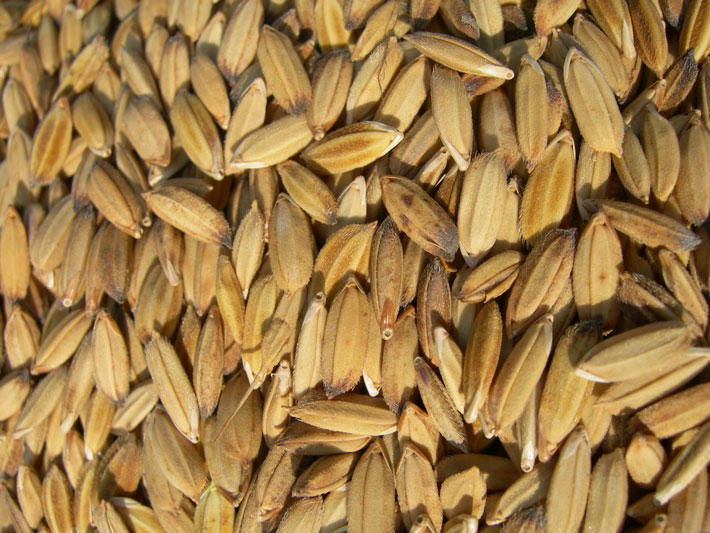Testing farmers evolutionary plant breeding strategies for coping with climate change

Bioversity International and IFAD are pleased to announce an IFAD grant of $3.5 million and national co-funding of $2.1 million, on the use of genetic diversity and evolutionary plant breeding for enhanced farmer resilience to climate change, sustainable crop productivity and nutrition under rainfed conditions in Africa, Asia, and the Middle East.
Of the three billion people living in the rural areas of developing countries, 1.2 billion people practice low-input traditional agriculture on small farms. With climate change, the livelihoods and nutrition security of these farmers is ever more dependent on their capacity, and ad hoc institutional support, to easily access, maintain and use quality planting materials that increase productive gains, while also maintaining yield stability and ecosystem resilience. The majority of varieties produced by breeders, however, are for large-scale farming solutions that assume predictable temperature and precipitation patterns.
‘Use of genetic diversity and evolutionary plant breeding for enhanced farmer resilience to climate change, sustainable crop productivity and nutrition under rainfed conditions’ is a $5.6 million evolutionary plant breeding programme, funded by an IFAD grant of $3.5 million and national co-funding of $2.1 million. It will pioneer a productive alternative: decentralized breeding to produce and exploit evolutionary crop populations (EP), linked to activities that ensure the availability, multiplication and distribution of quality EP seeds, and a policy environment to support it.
Over the past 20 years national partners from Asia, Africa and the Middle East, together with international researchers have worked together to develop practices linking research to use of traditional varieties within the context of improving the lives of farmers and rural communities through decentralized breeding.
Each country contains areas of important traditional crop varietal diversity for the agreed set of four target crops: wheat, barley, rice and common bean. The multi-country structure of this programme driven under the overall supervision of Bioversity International offers invaluable opportunities for South-South cooperation, capacity building and achieving results with broad applicability and replicability. With strong gender equity, the programme is forged on long-term partnerships and long-term on-the-ground experiments developed together with farming communities, extension institutions and national researchers.
IFAD is an international financial institution and specialized United Nations agency based in Rome, the UN’s food and agriculture hub. Since 1978, they have provided US$18.5 billion in grants and low-interest loans to projects that have reached about 464 million people.
Bioversity International is a global research-for-development organization with a vision – that agricultural biodiversity nourishes people and sustains the planet. We deliver scientific evidence, management practices and policy options to use and safeguard agricultural and tree biodiversity to attain sustainable global food and nutrition security.
